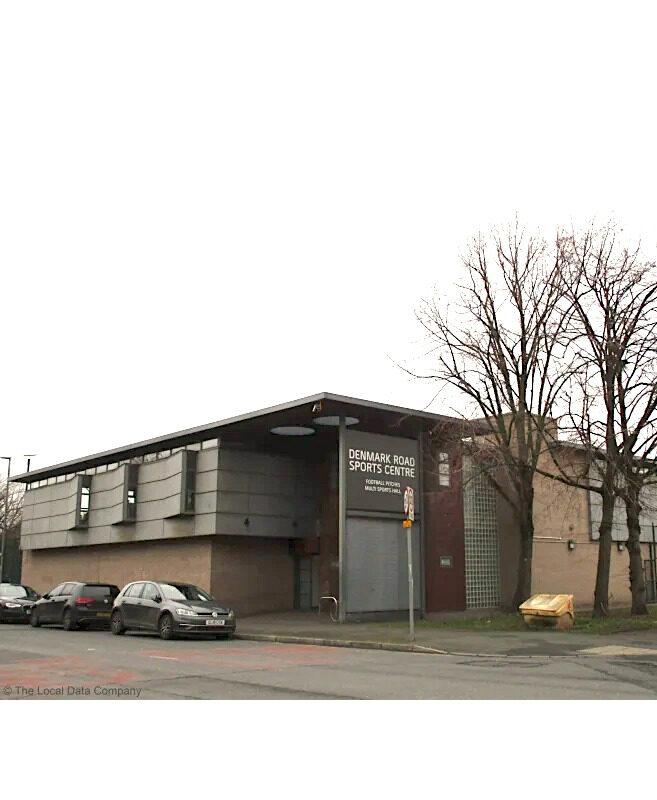This case study was developed as part of the SLC’s work on the GM Active Pivot to Active Wellbeing strategy aiming to address health inequalities through the transformation of public leisure services.
Denmark Road Leisure Centre (often just referred to as Denmark Road) in Manchester – serving Ardwick, Hulme, Moss Side and Rusholme – presented an opportunity to transition tradition.
There’s lots of talk about transitioning leisure assets from fitness to wellness.
The attempt here was to move towards a more responsive, needs-led, service-led model embedded as part of a whole system.
The concept was ‘spaces that are just spaces’. This means that spaces in the venue could be what they need to be for each resident, whether that’s where someone plays football, where someone meets their link worker or where someone attends a mindfulness workshop.
From the start – the council’s leisure team, MCRactive and its operating partner, GLL, worked with community health providers and services to create a health hub at Denmark Road.

Seventeen organisations came together in a series of workshops and two key themes emerged:
The organisations that signed up and co-designed the hub have acted on their intentions of creating a space for genuine collaboration and partnership working.
Significantly, a local GP practice has located some of its services at Denmark Road including its social prescribing and wellbeing teams.
Partnership meetings are held every six weeks and allows partners to share learning and provide an update on their services.
The initial investment from MCRactive was £20k. This was used to purchase office furniture, cover the desk rental for 11 of the 17 organisations for the first 12 months, and for a series of workshops / events to integrate the organisations.
While it’s difficult to have a clear indicator of success, there have been multiple collaborative projects, events and campaigns that wouldn’t have happened without the Denmark Road health hub.
Funding has been the biggest challenge for this project.
Towards the end of the first year, several organisations pulled out as they couldn’t self-fund for year two, and priorities changed.
It has also been difficult to replicate: similar schemes at Manchester Institute of Health and Performance (MIHP) and Wythenshawe Forum were proposed but couldn’t get traction.
The key success factors have been the diversity and shared ambition of the originations to work collaboratively and learn together.
Setting up the project was relatively straightforward as during the post-Covid period there was a strong appetite for working collaboratively. Being a funded project was also helpful.
This is still very new and evolving project. There is a lot more potential and learning to support the transition from leisure and fitness to active wellbeing.